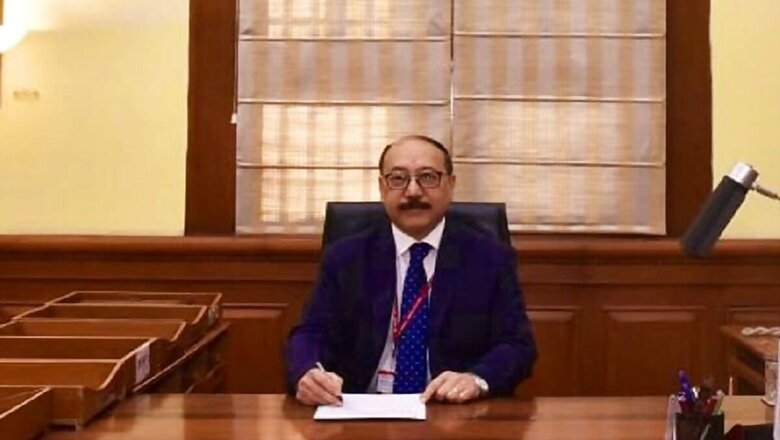
views
In a surprise move on Tuesday, India’s Foreign Secretary Harsh V Shringla went to Dhaka on a two-day visit. He had a meeting with PM Sheikh Hasina, with whom he enjoys a good relationship, owing to him having served as the High Commissioner in Dhaka from 2016-2019.
The meeting that was described by Indian government sources as “excellent” saw the two sides deciding to hold a virtual joint consultative commission meeting at the foreign minister level at the earliest to oversee relationship, especially projects.
This is seen as a significant move, considering New Delhi has been concerned over Dhaka’s sudden leaning to China for investment much like other neighbours of India. The latest trigger being a possible loan from the Chinese for a project related to the Teesta River. India and Bangladesh have been unable to sign a Teesta river water sharing treaty for eight years now – both PM Manmohan Singh and PM Modi have been stopped due to objections from West Bengal CM Mamata Banerjee over the treaty.
Though no specific information was shared with regards to any possible movement over the Teesta treaty, however, the consultative commission’s mandate appears to oversee all such hiccups.
The relationship between India and Bangladesh has been rocky over the last one year. Dhaka had serious concerns over how the National Register of Citizens, Assam, would impact them. Sheikh Hasina herself raised this issue with the Prime Minister twice over a span of two weeks last year – first during a meeting in New York on the sidelines of UNGA on September 27, 2019, and then in a meeting in New Delhi during her India visit on October 5, 2019.
Sources from Bangladesh had mentioned that terms like “termites” used for alleged “illegal” immigrants had not gone down well with Dhaka at all. In a rally in Bengal on October 1, 2019, Home Minister Amit Shah said: “Before bringing NRC in the country, Citizenship Amendment Bill (CAB) will be passed in the Rajya Sabha by BJP-led government at the Centre. We will give citizenship right to all the refugees, including Matuas, who have been thrown out from different countries. Refugees from other countries — Hindu, Buddhist, Sikh, Jain, Christian." The omission of Muslims was unmistakable, especially for the neighbouring country that has been concerned about the impact on them.
To further aggravate the situation, the Citizenship Amendment Bill stated: "The constitutions of Pakistan, Afghanistan and Bangladesh provide for a specific state religion. As a result many persons belonging to Hindu, Sikh, Buddhist, Jain, Parsi and Christian communities have faced persecution on grounds of religion in those countries. Some of them also have fears about such persecution in their day-to-day life where right to practice, profess and propagate their religion has been obstructed and restricted. Many such persons have fled to India to seek shelter and continued to stay in India even if their travel documents have expired or they have incomplete or no documents.”
The bill gave a cut-off of 2014 for those allegedly persecuted seeking Indian citizenship. Sheikh Hasina had been at the helm since 2009 and her government took umbrage to the fact that fingers were pointed at her regime too. In a move to salvage the situation, officials clarified that it wasn’t aimed at Hasina.
However, Dhaka expressed its displeasure when Foreign Minister AK Abdul Momen cancelled his India visit scheduled from December 12-14, 2019. However, MEA spokesperson said, “Bangladesh side have conveyed that the Minister has changed his programme on account of domestic issues pertaining to the commemoration of the ‘Victory Day’ in Bangladesh on December 16.” Subsequently in January, the Bangladesh State Minister Shahriar Alam dropped out of Raisina Dialogue in India for which he was invited. For that too MEA spokesperson said that India was informed about it.
Meanwhile, there were reports that Hasina had refused to meet the outgoing Indian High Commissioner Riva Das. These reports too were rubbished with a clarification that Prime Minister Hasina had not met very many people due to the Covid-19 pandemic.
On Tuesday, however, sources pointed out that in the meeting between Hasina and Shringla, Das was also present and that this it was also underlined that Hasina has not met anyone from abroad and very few in the country in past few months.
Meanwhile, the specific areas of development discussed on Tuesday, as per sources, were enhancing connectivity, revival of economy post Covid-19, cooperation on Covid-19 assistance, including on therapeutics and vaccine, joint commemoration of Mujib Barsho.
On July 23, for the first time ever, movement of container cargo from Kolkata to Agartala through the Chattogram Port in Bangladesh was facilitated. Four days later, India handed over 10 broad gauge locomotives to the Bangladesh Railways. However, India realises that ultimately big-ticket projects and more importantly, addressing concerns without delay to show Dhaka is special are the need of the hour.










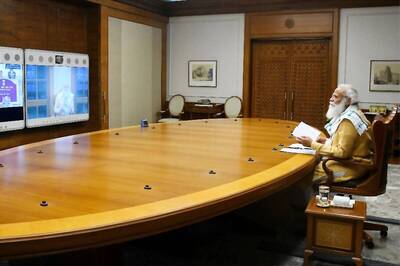
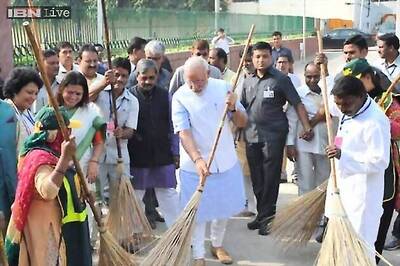

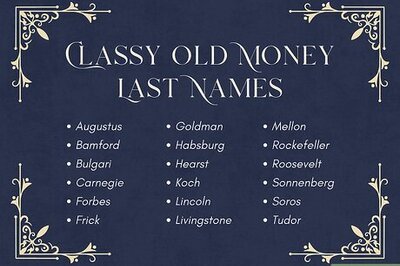
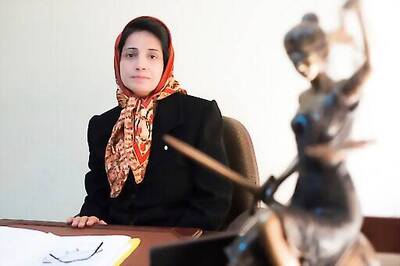





Comments
0 comment